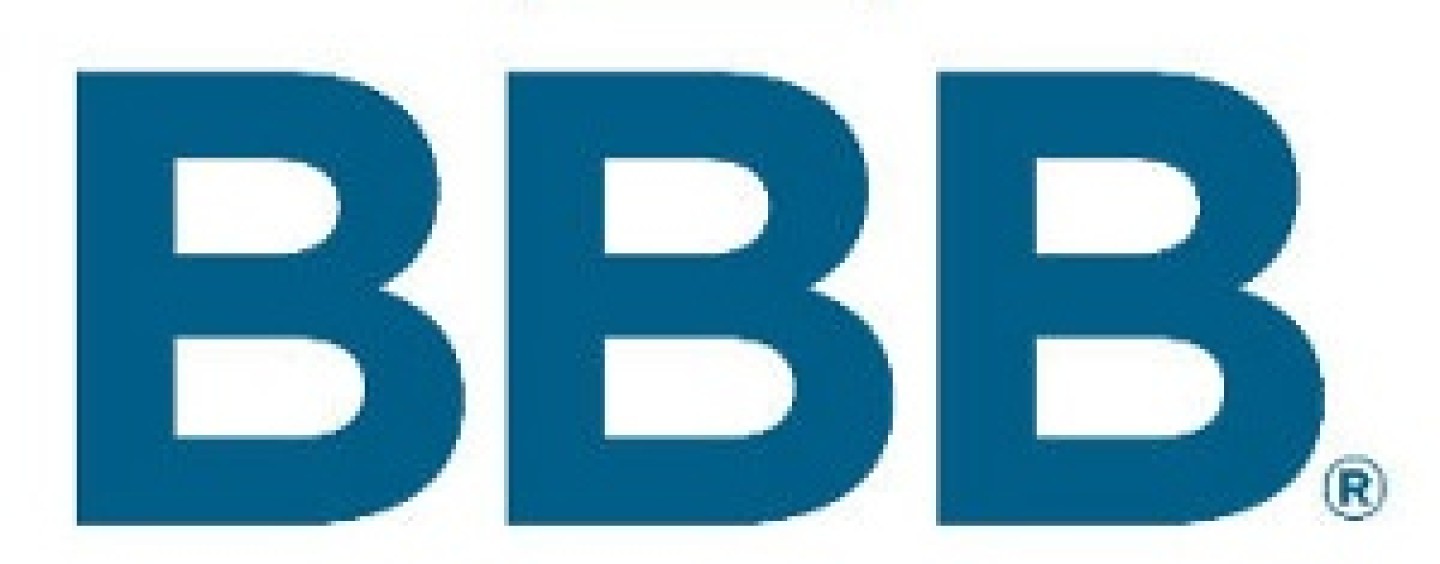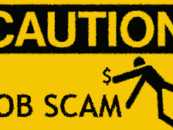Canadians reported losing $61 million to scams in 2015, according to the Better Business Bureau of Canada.
But that likely represents only five per cent of the $1.2 billion the BBB estimates Canada’s actually lost to scammers in 2015.
RELATED: Polygamous Leaders Busted in Food Stamp Fraud
President Danielle Primrose says that’s because victims often feel too ashamed to do anything about it, including reporting their losses to police.
And while the total amount reported lost to scammers actually dropped by $10 million last year, Primrose says the scammers are working hard to stay ahead of the law.
“The bad news Is scammers are finding new ways, new disguises to ply us with the same scams.”
Anyone who thinks they have been contacted by a scammer can report it on the BBB’s Scam Tracker website.
1. Extortion scam: CRA income tax scam
Total loss: $2.9 million
“The Canada Revenue Agency Scam is our number one scam this year. It was the most reported scam by far and it took several forms in order to get your money. And it didn’t just happen around tax time, all year long we received calls,” says Primrose.
How it works: You get a phone call or email from the Canada Revenue Agency threatening to arrest or deport you if you don’t pay back taxes immediately. After you pay up, you learn it was not the taxman who took your money.
Solution: The CRA does not work this way. Hang up the phone or delete the email without responding. Contact the CRA directly if you have tax concerns.
2. Heartbreak scam: cat-phishing
Total loss: $15.6 million
“Canadians are still giving away money in hopes of a new romantic relationship,” warns Primrose.
“Canadians lost more money to online romance scams than any other reported scam, by a margin of almost 10 million! When as many as 20 per cent of online profiles are believed to be fake, it’s an area where users really need to proceed with caution.”
How it works: You meet someone wonderful online, usually on a dating site, then fall in love. But before you even meet face-to-face they start asking for money to help them through a tough time, maybe just a little bit at first, but eventually more and more.
Solution: Don’t give out personal information to strangers or send money — even small amounts. Be especially wary of romantic friends with sad stories who make repeated excuses why they can’t meet you online.
RELATED: 5 More Charged with Sandy Relief Fraud
3. Prize scam: fake lottery winnings
Total loss: $6.5 million
How it works: You get an email or phone call saying you have won a prize or lottery, usually in a contest you don’t remember entering, often somewhere in another country. But you need to pay a fee to claim the prize, and then another and another, but the prize never arrives.
Solution: Hang up or delete the email. If you didn’t enter a contest, no one is going to give you the winning prize, even for a fee.
4. Financial scam: investment fraud
Total loss: $6 million
How it works: Someone offers you a chance to invest in a special deal with a fabulous rate of return with little or no risk. But once you hand over the money, you never get it back.
Solution: Invest with companies with a reputation you can trust, not secret or special deals and get a second opinion before handing over your cash. Be wary of investments that promise huge returns with no risk.
5. Employment scam: secret shopper
Total loss: $3.9 million
How it works: You get a job offer checking the quality of service in stores by spending someone else’s money. They send you spending money by certified cheque for a large amount, but ask you to send some of it back. Later, your bank tells you the certified cheque was a fake and you have lost the money you sent back to the scammers.
Solution: If you don’t apply for a job, nobody is going to offer you one. Don’t ever send money to a company charging a fee for a job. Certified cheques can turn out to be fakes, even weeks after you cash them at the bank.
6. Subscription scam: free trial traps
Total loss: $2.9 million
How it works: You get an offer for a free trial, but they want your credit card information to enroll you first. Then later you notice you’re getting monthly charges for a subscription you never authorized.
Solution: Ignore the impulse to sign up for offers that pop-up online or over the phone. Do your research carefully and read the fine print before signing up for anything with a credit card online.
7. Imposter scam: spear-phishing
Total loss: $5.8 million.
How it works: You get an email from a bank, a shop or a website, which you recognize, saying you need to log in to reactivate your account. Or you get a bill for a service you don’t remember buying, and you want to halt the charges. When you click through to the website it looks familiar, but as soon as you enter your name and password things start to go wrong as the scammers empty your account or rack up charges on your card.
Solution: Be suspicious of emails asking you to log in to your accounts, even if appear to link to the real website. Do not enter personal information if you are uncertain. Instead, navigate your own way to the website or call the bank or company to see if the email is real.
8. Private sale scam: overpayment or refund
Total loss: $5.3 million
How it works: You are selling something on Craigslist or another website when someone sends you a cheque for more than you are asking, perhaps to cover shipping or just by mistake. They ask you to cash the cheque and wire back the extra cash. Later you learn from the bank the cheque was a fraud, and you have no way of getting back the money you sent the scammer.
Solution: If someone offers a cheque for more than you are asking, walk away from the deal. Never wire money to someone you don’t know.
9. Emergency scam: fake relative needs cash.
Total loss: $1.9 million
How it works: You get a call from a relative, often a grandson or daughter, who seems to know a few things about you. But they are stuck in jail and they don’t want their parents to know, so they are asking you to wire them cash to get out. But they aren’t really your relative and they aren’t really in jail, and you are not getting your cash back from them.
Solution: Scammers can learn a lot about you from Facebook and elsewhere online, or just while talking to you on the phone. Check with family members and don’t send money without confirming who they really are.
10. Lending scam: advance fee loans
Total loss: $1 million
How it works: You are asked to pay an advance fee to get a loan. In many cases you never see the loan or the fee again.
Solution: It is illegal to charge for a loan in Canada and the U.S. Walk away from the offer and find a legitimate lending company instead.
Are you a victim of fraud or money scam? Share your story with us on the Money Credit and You Facebook page!
Original article and photo courtesy of CBC.





